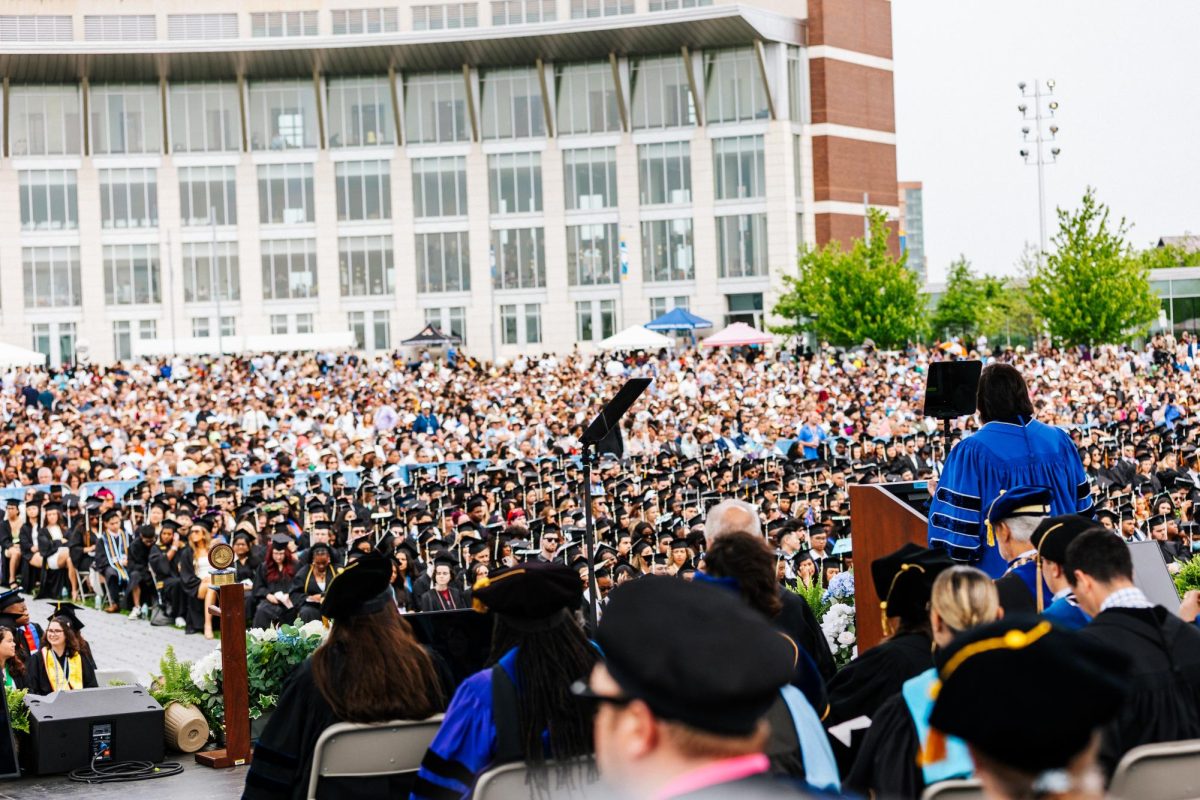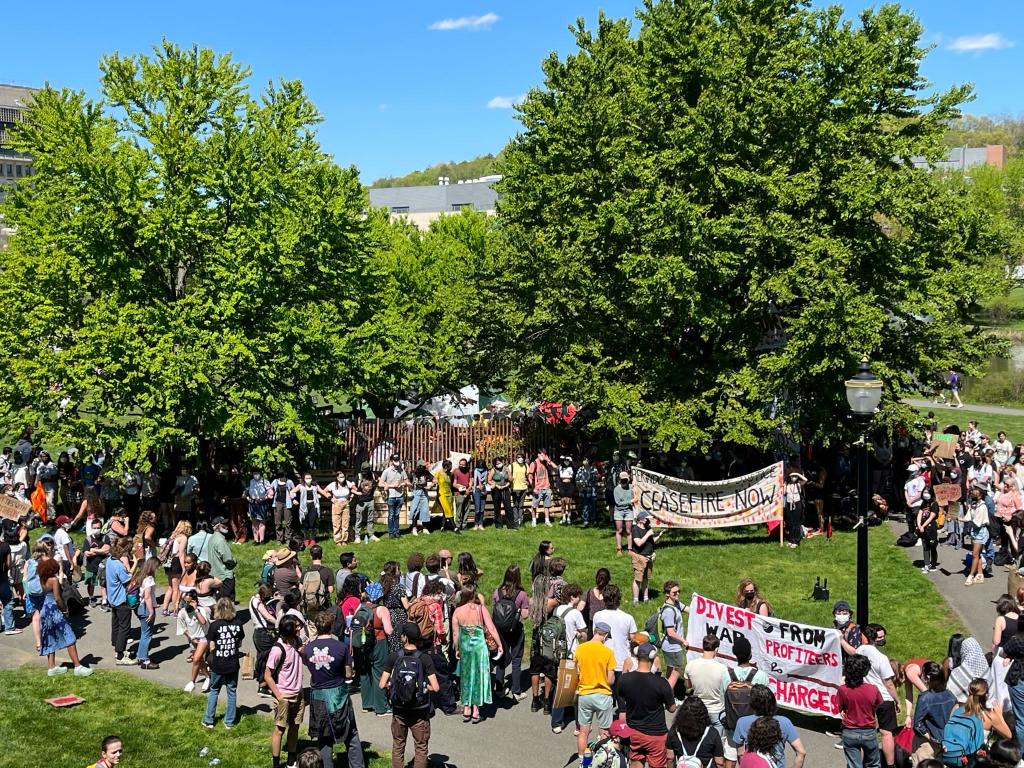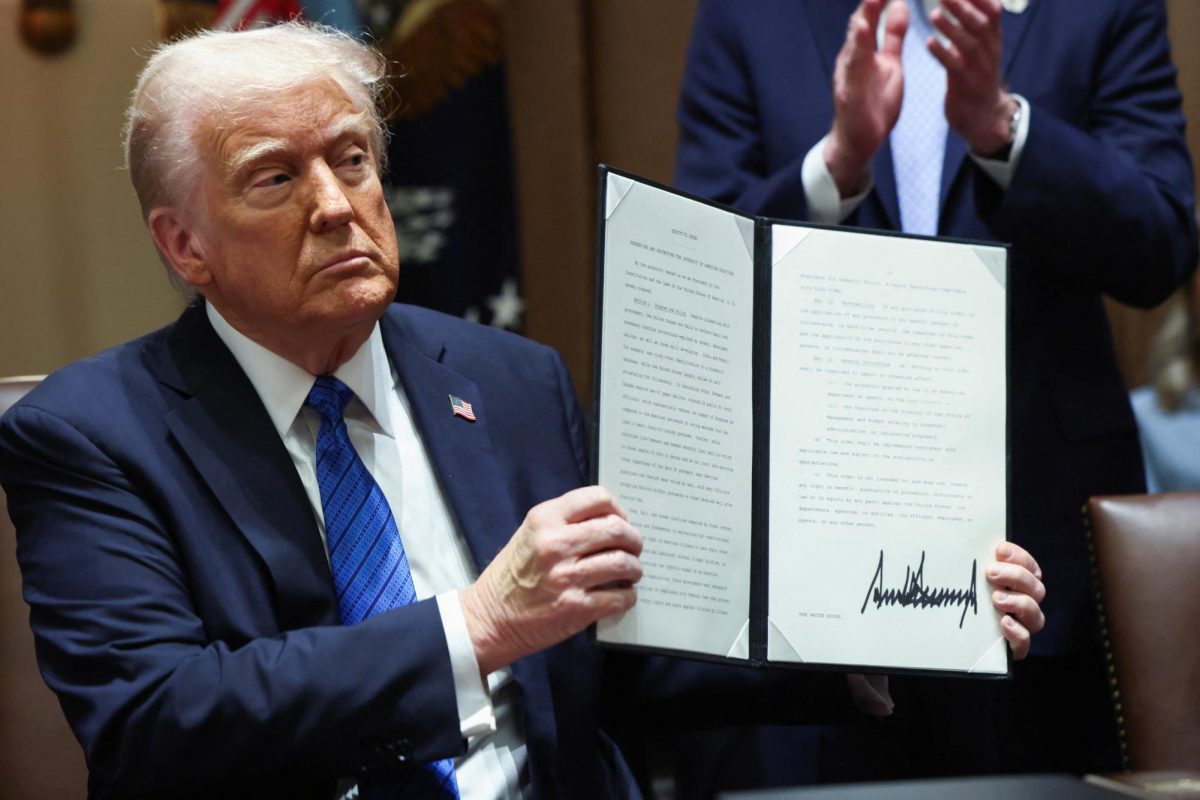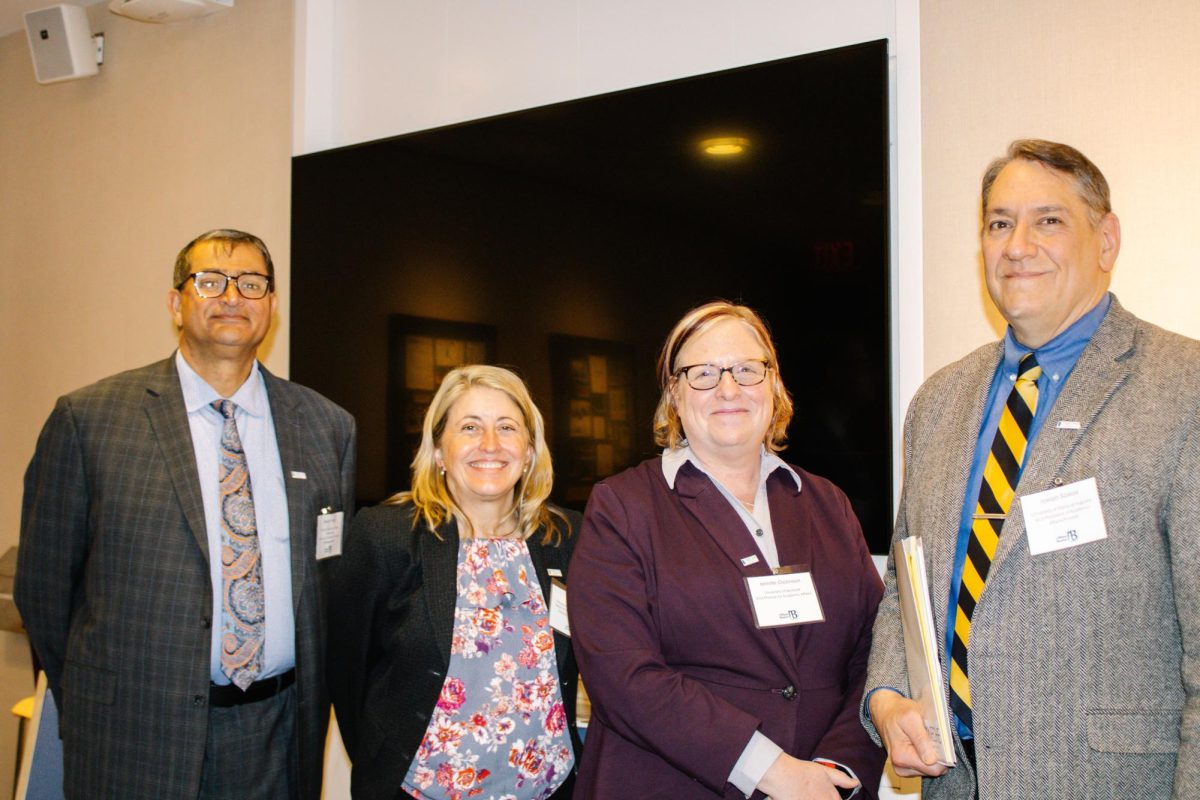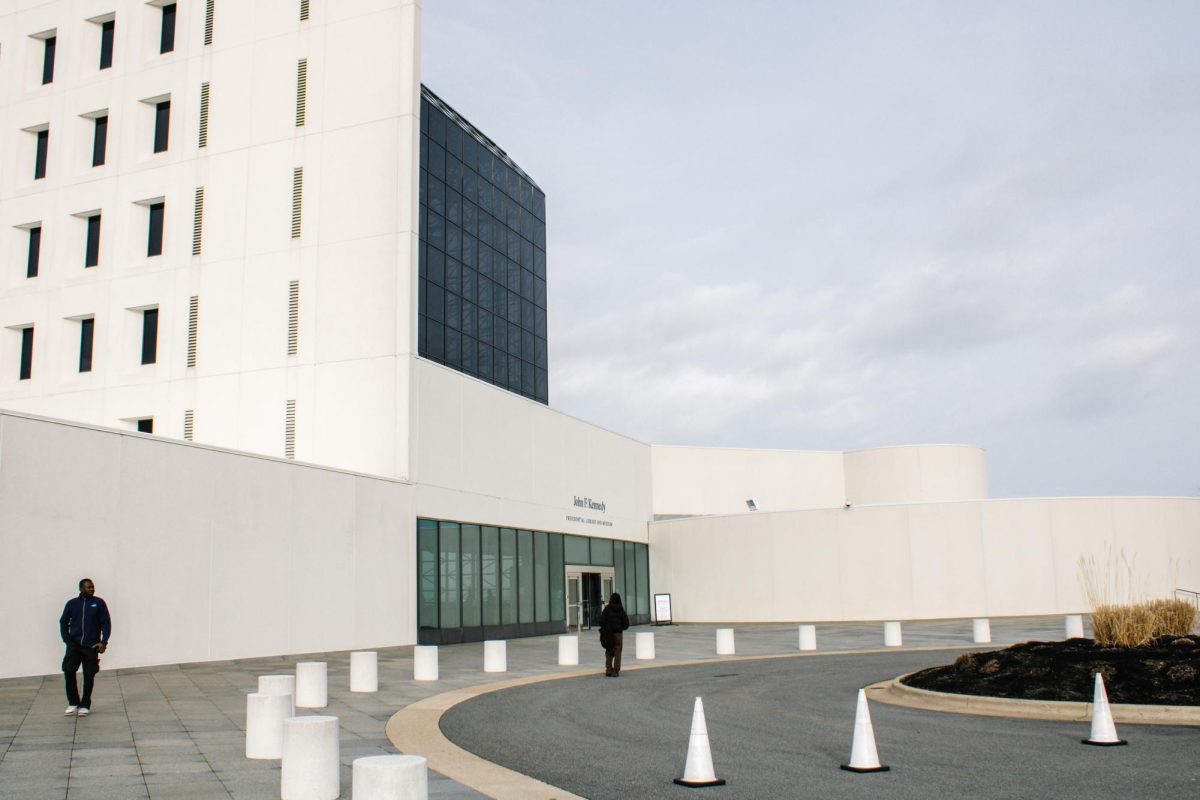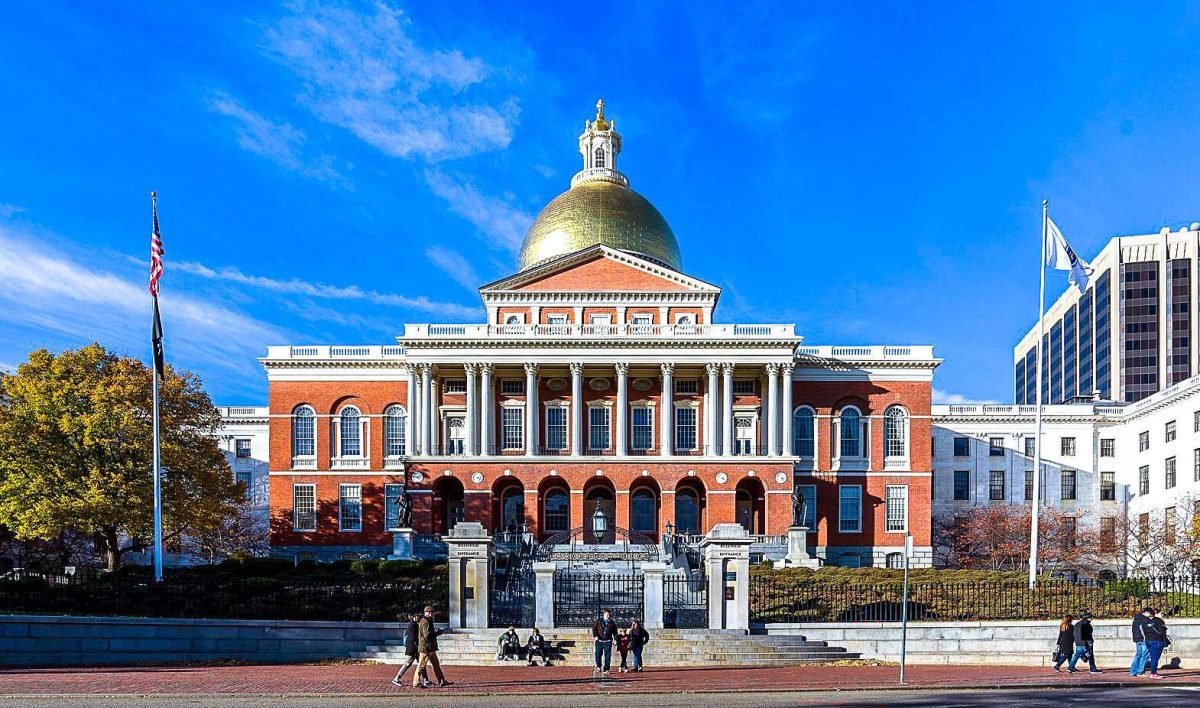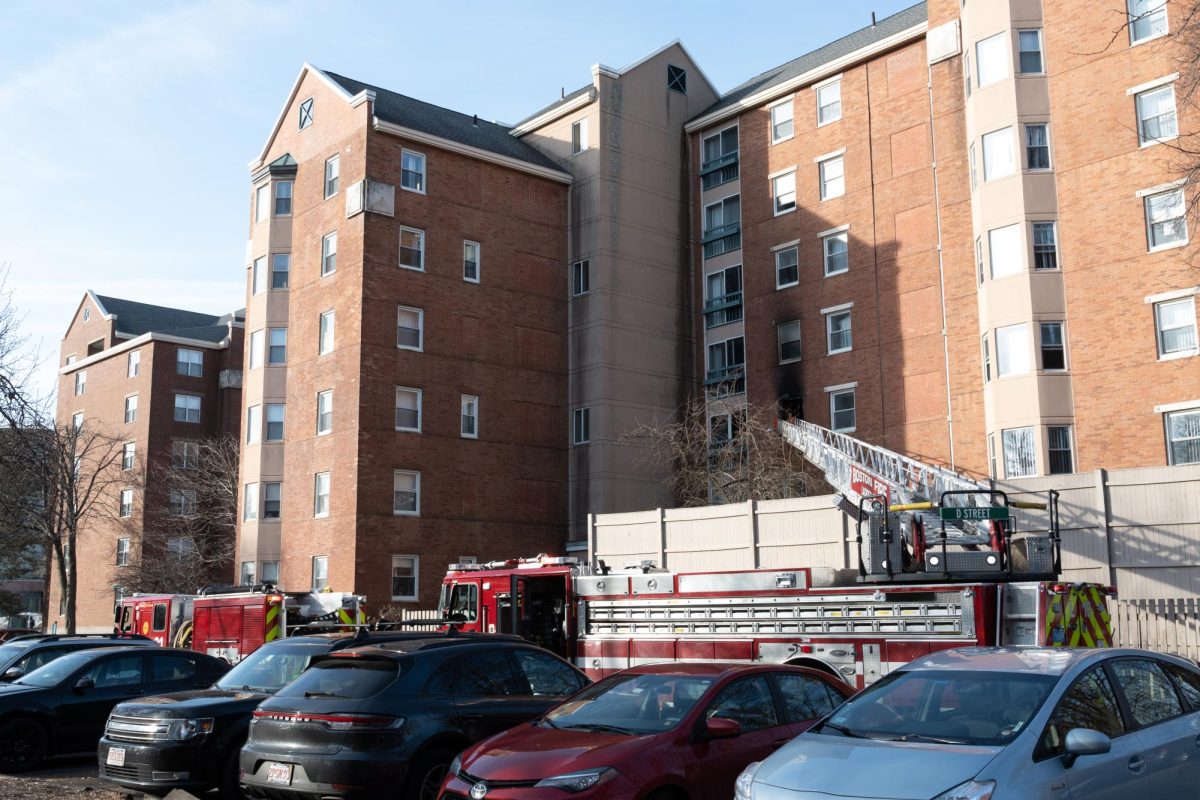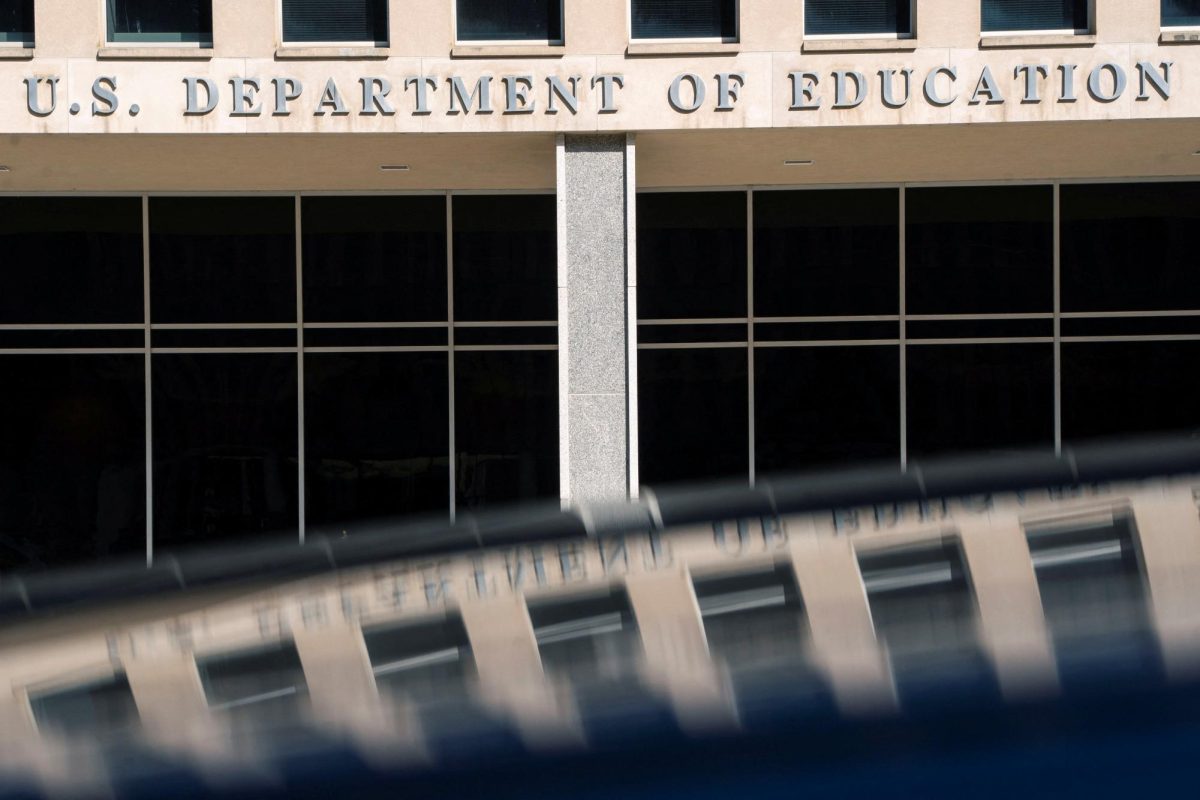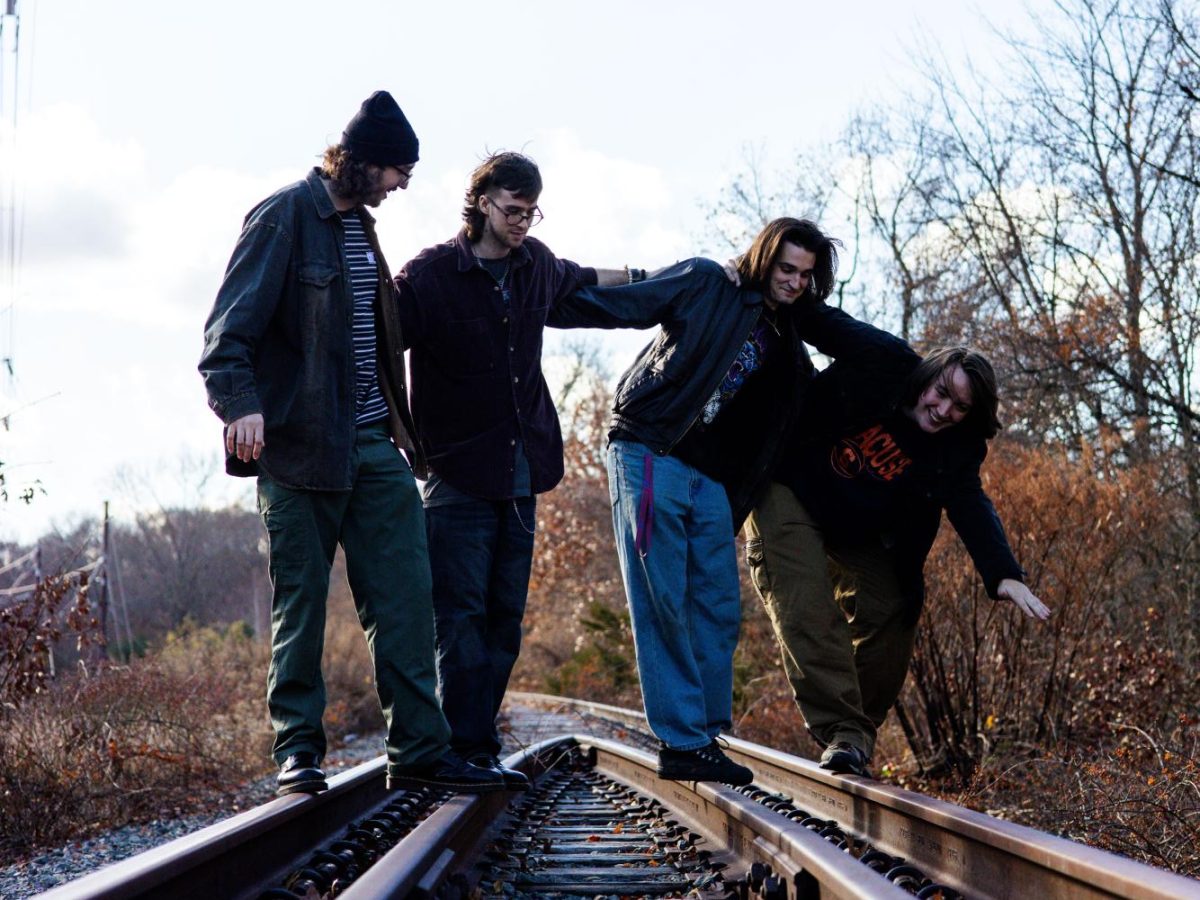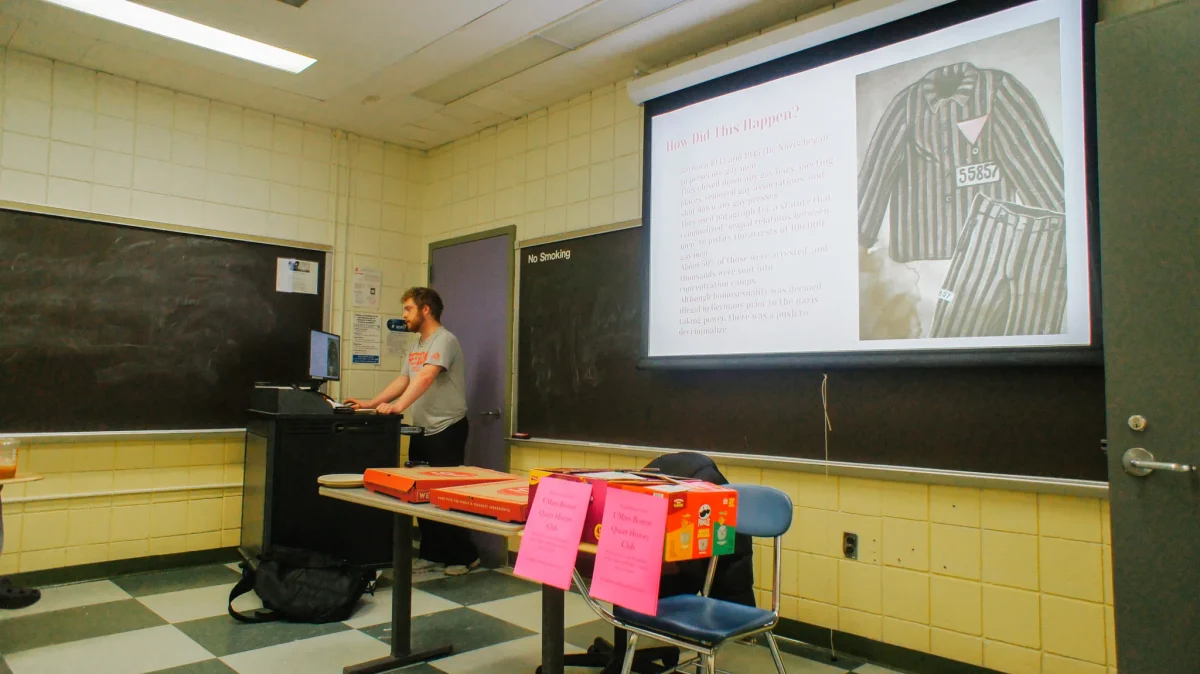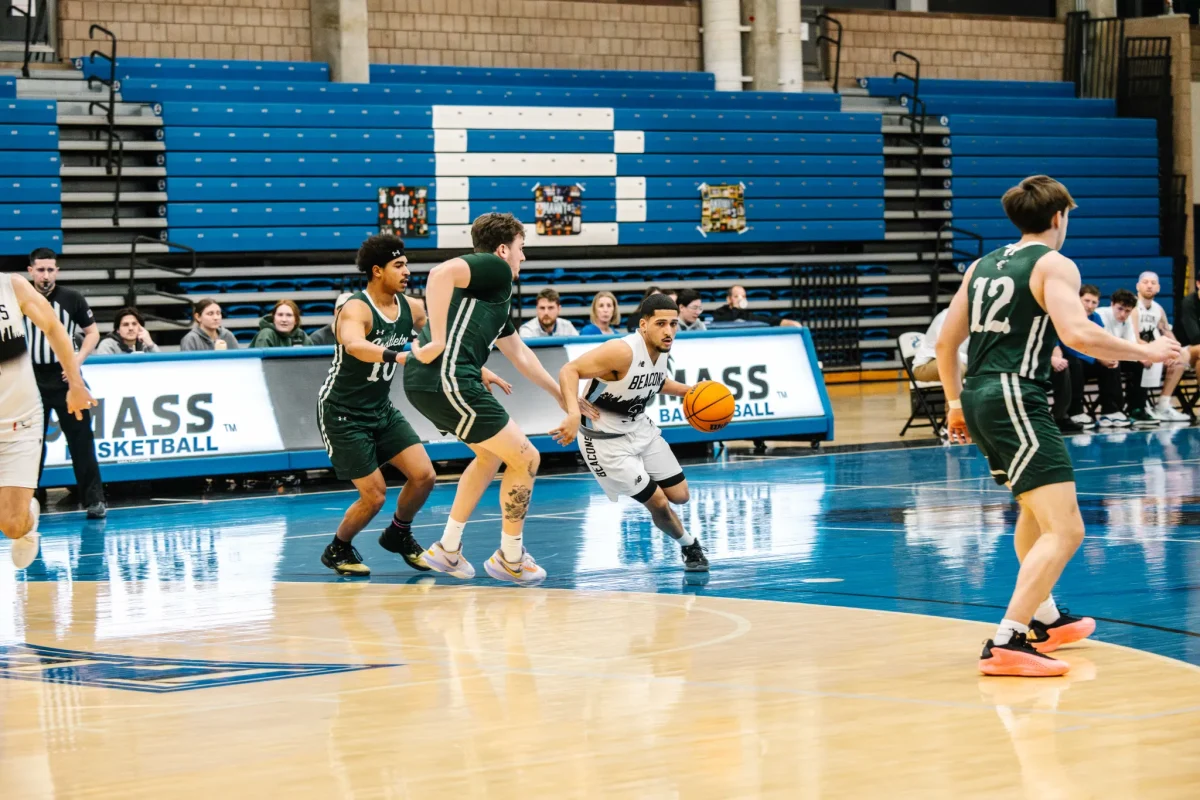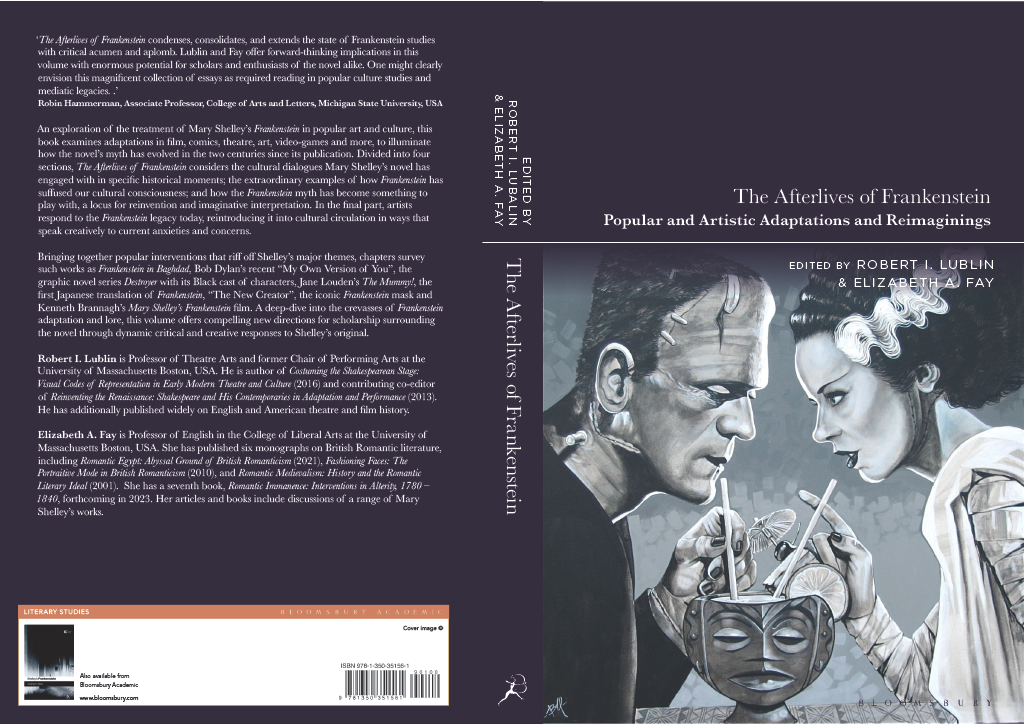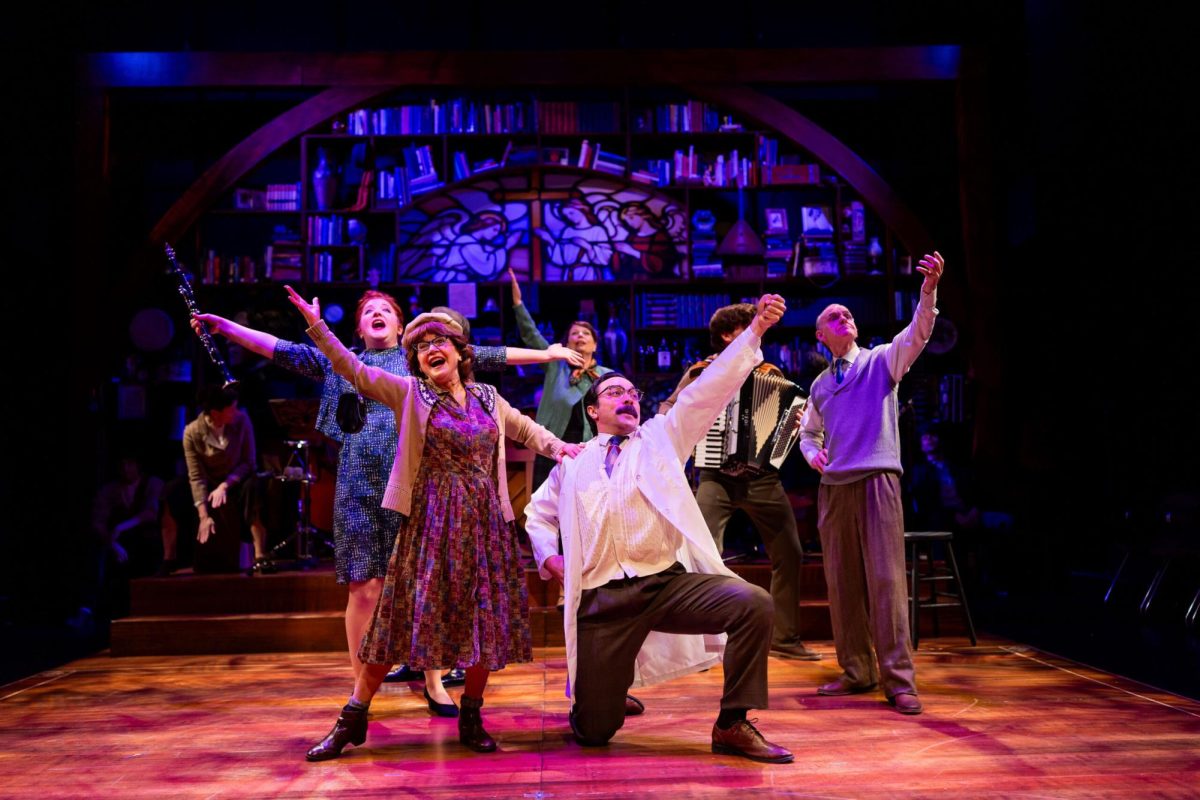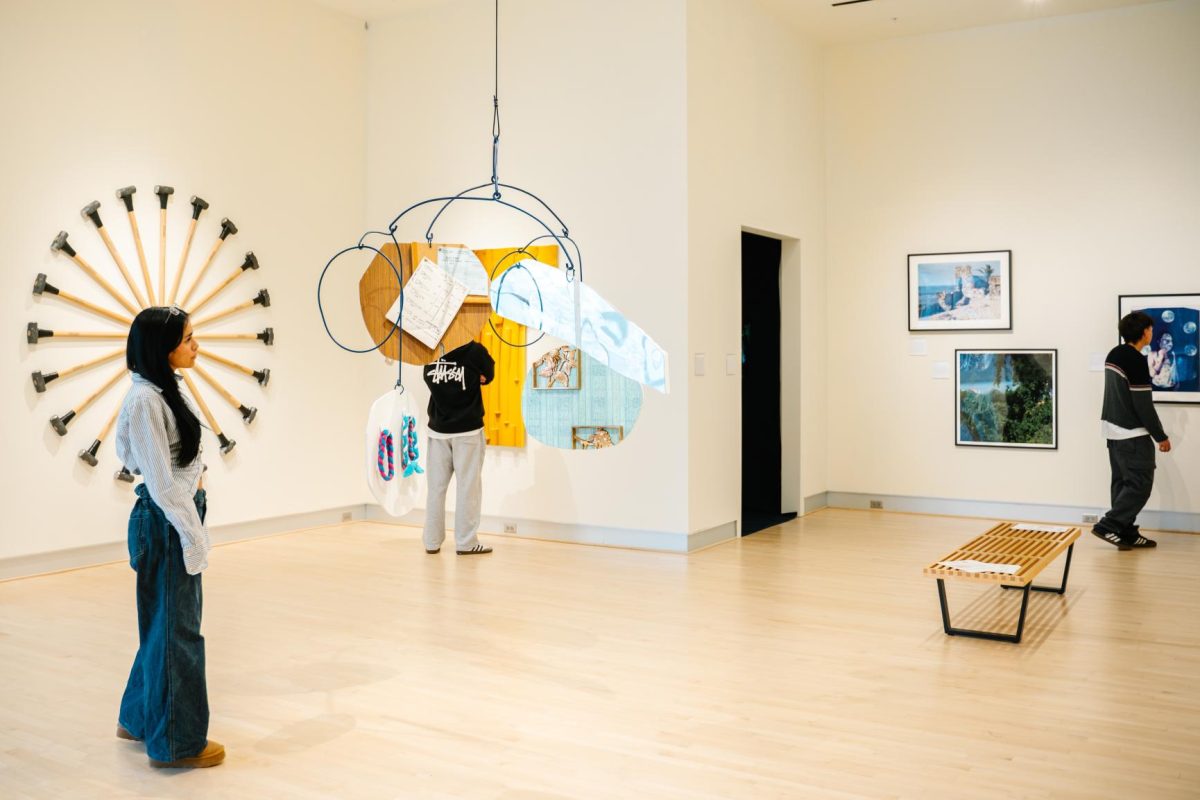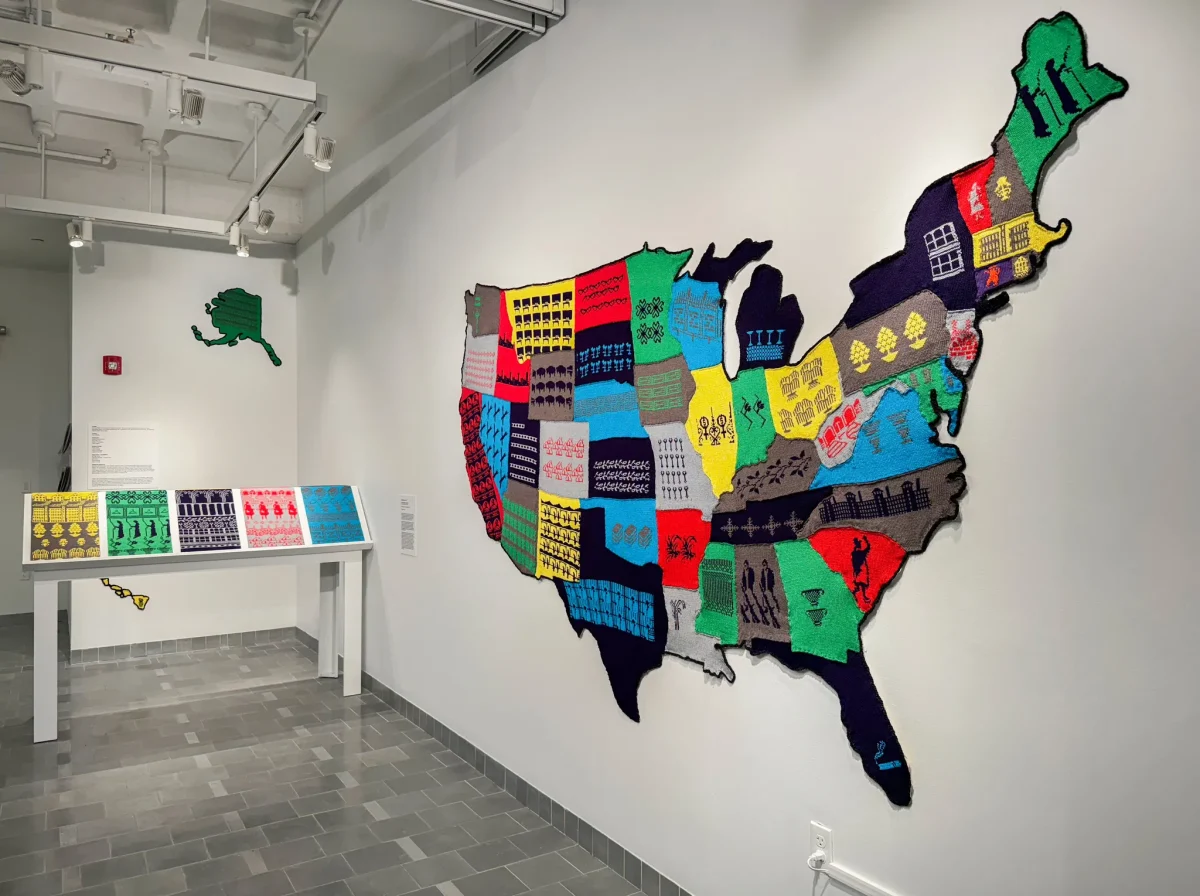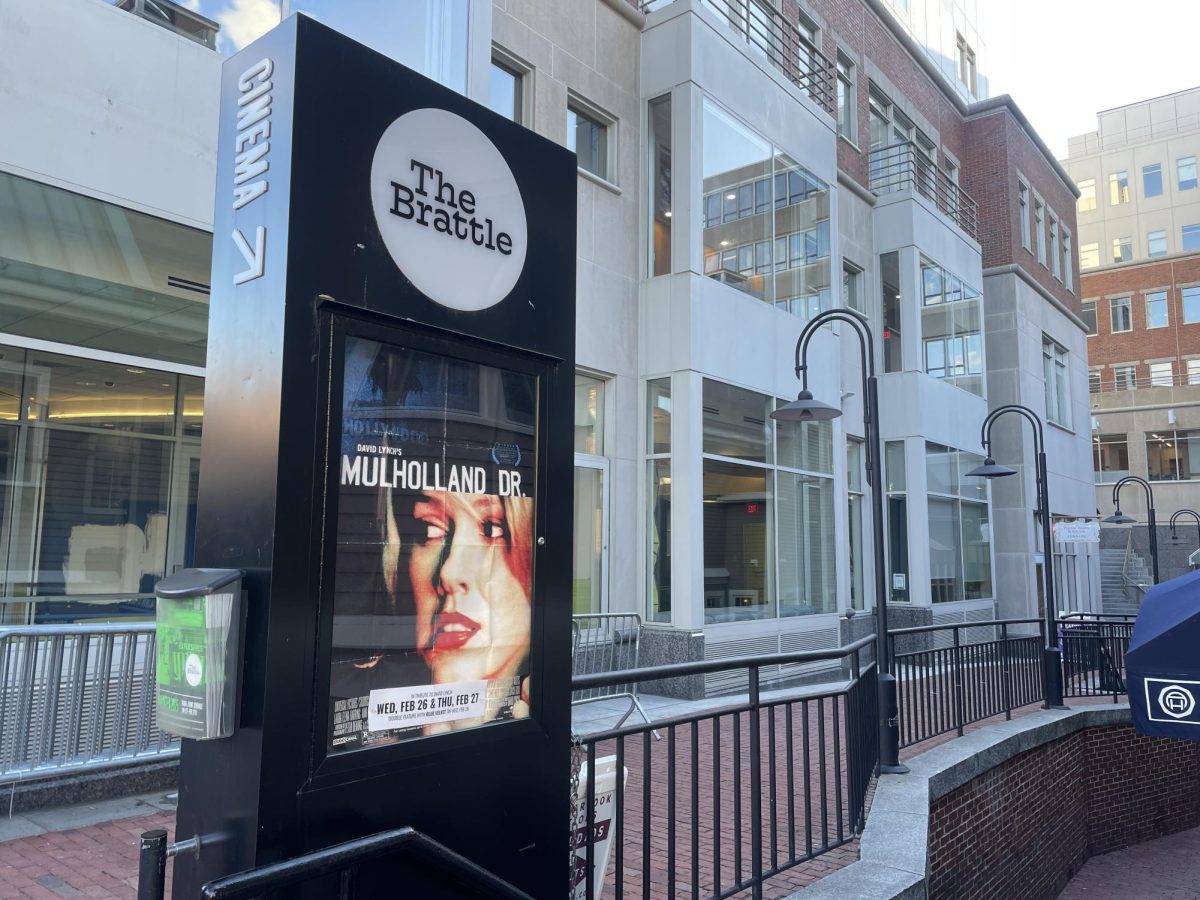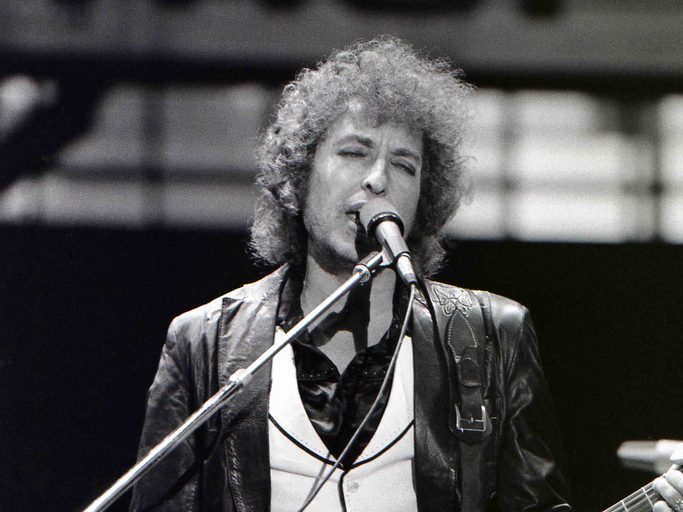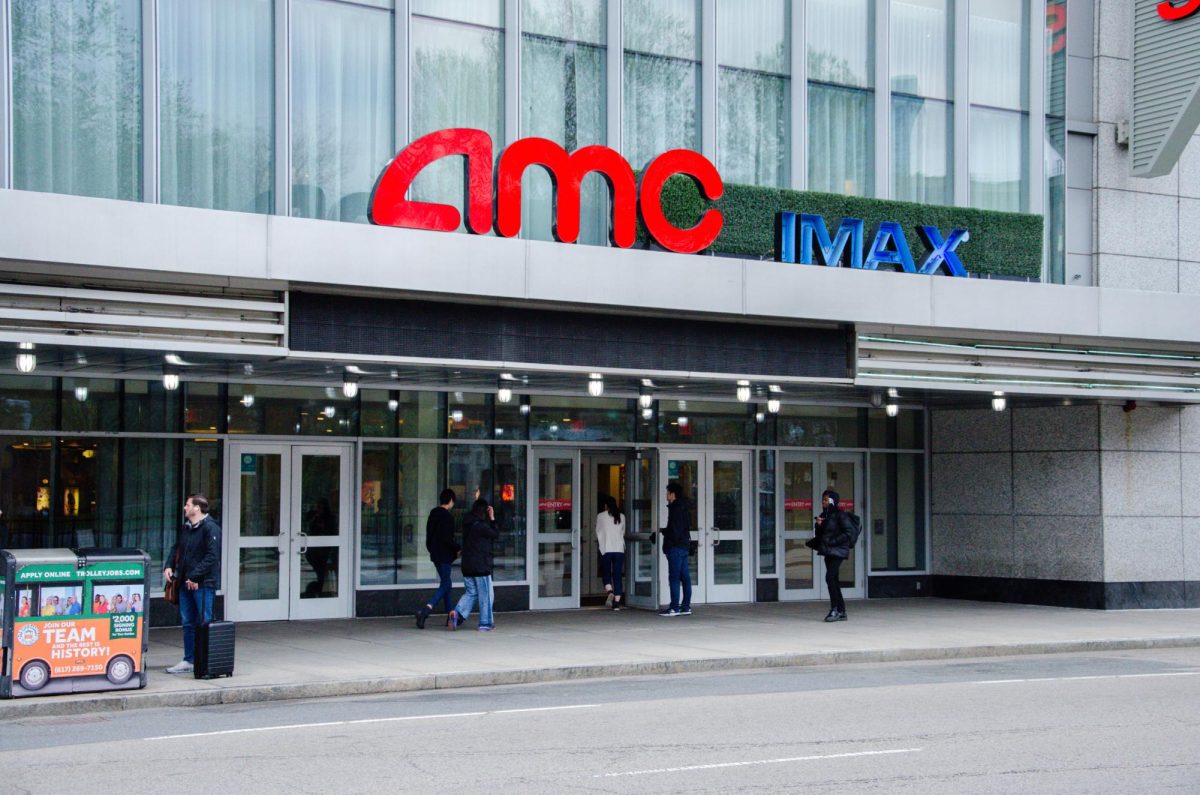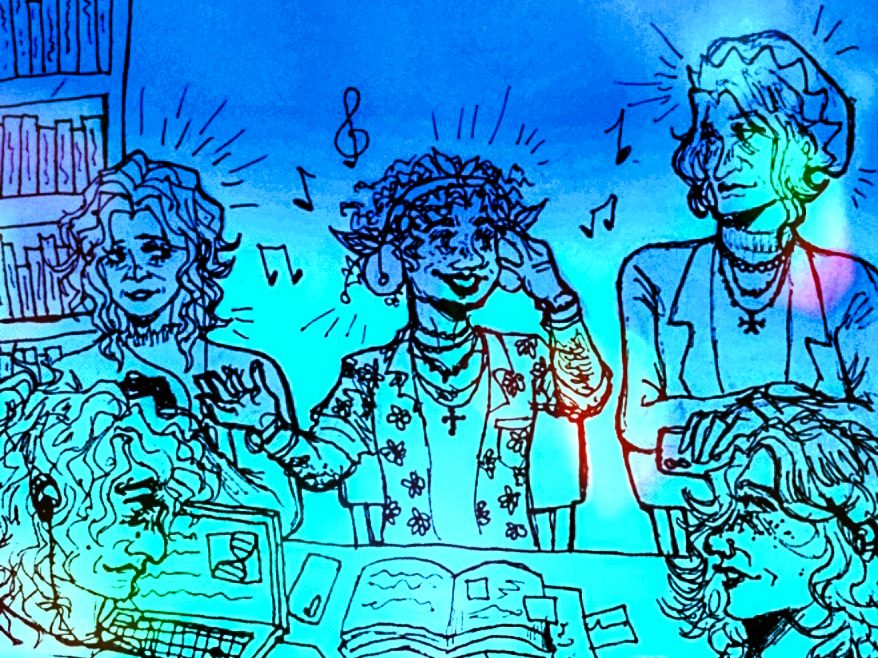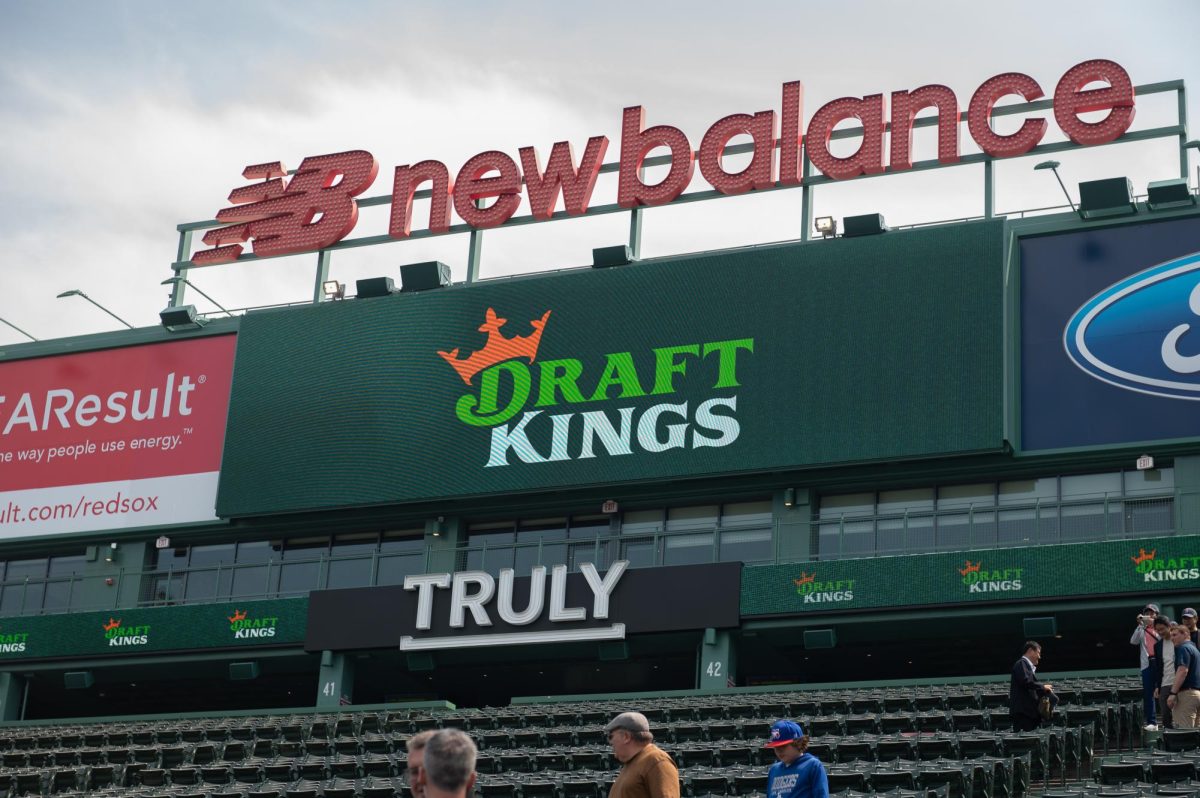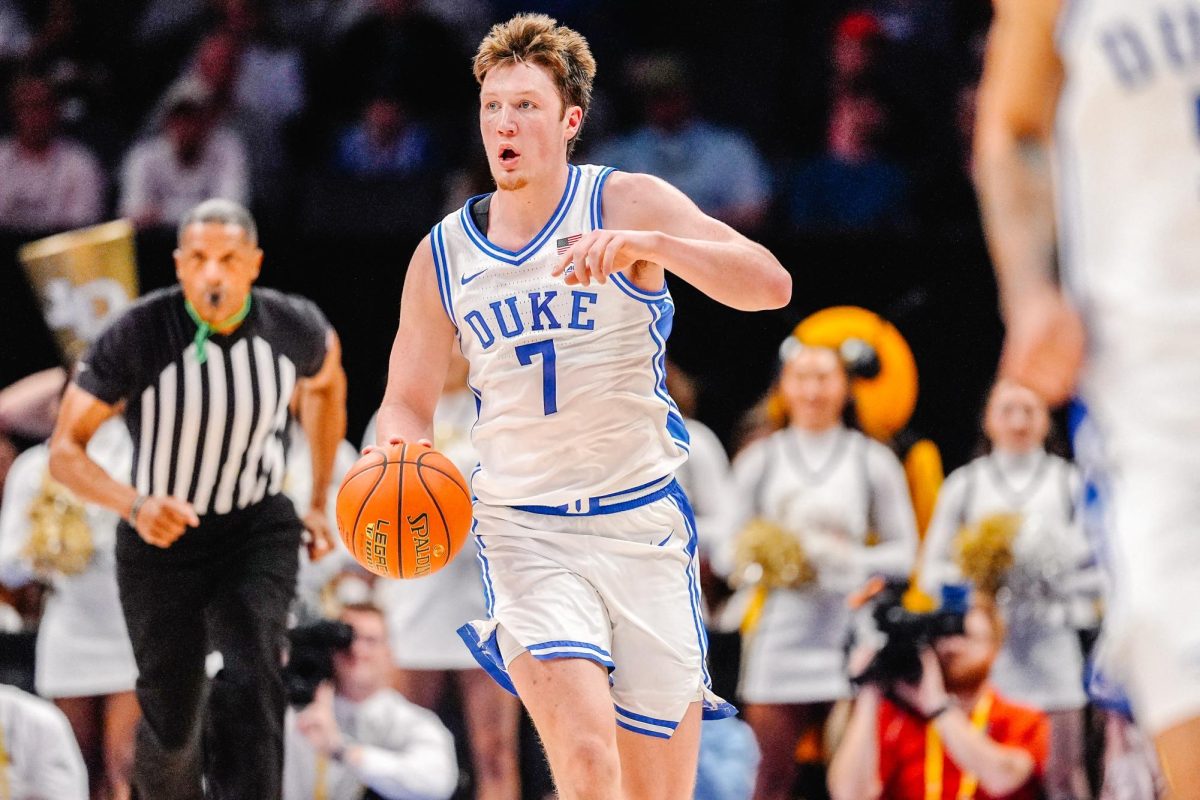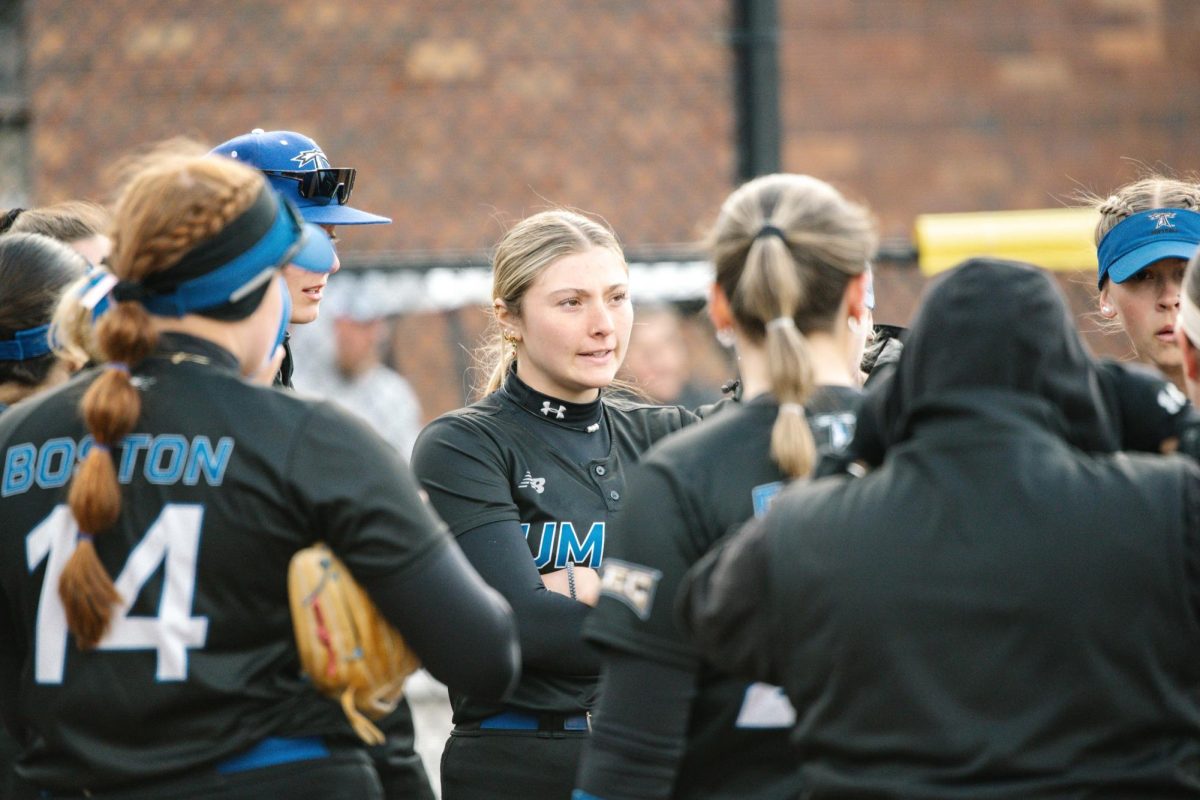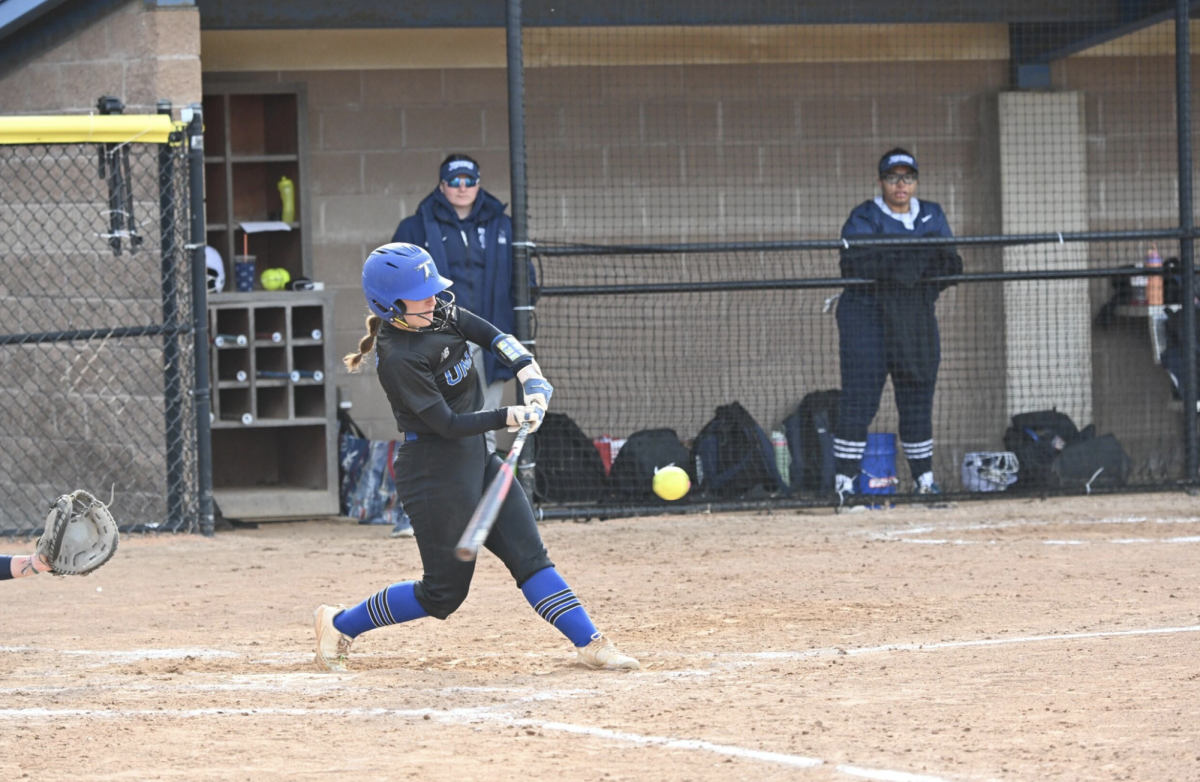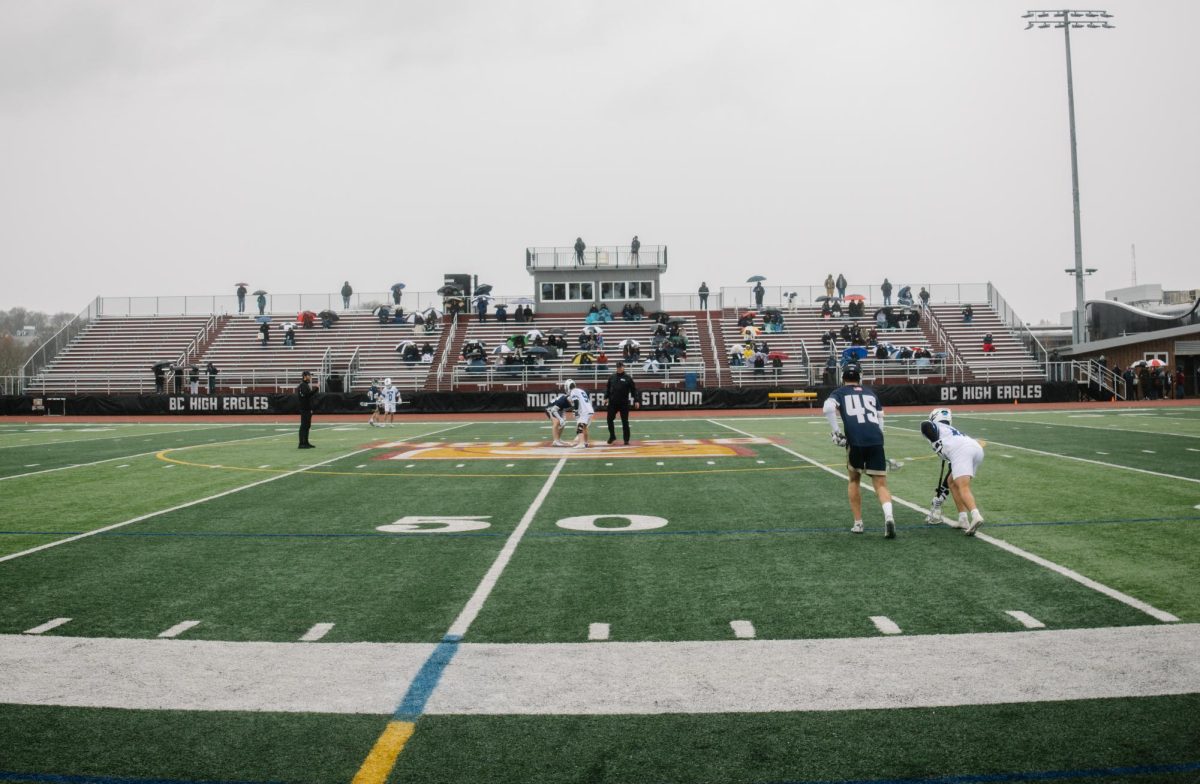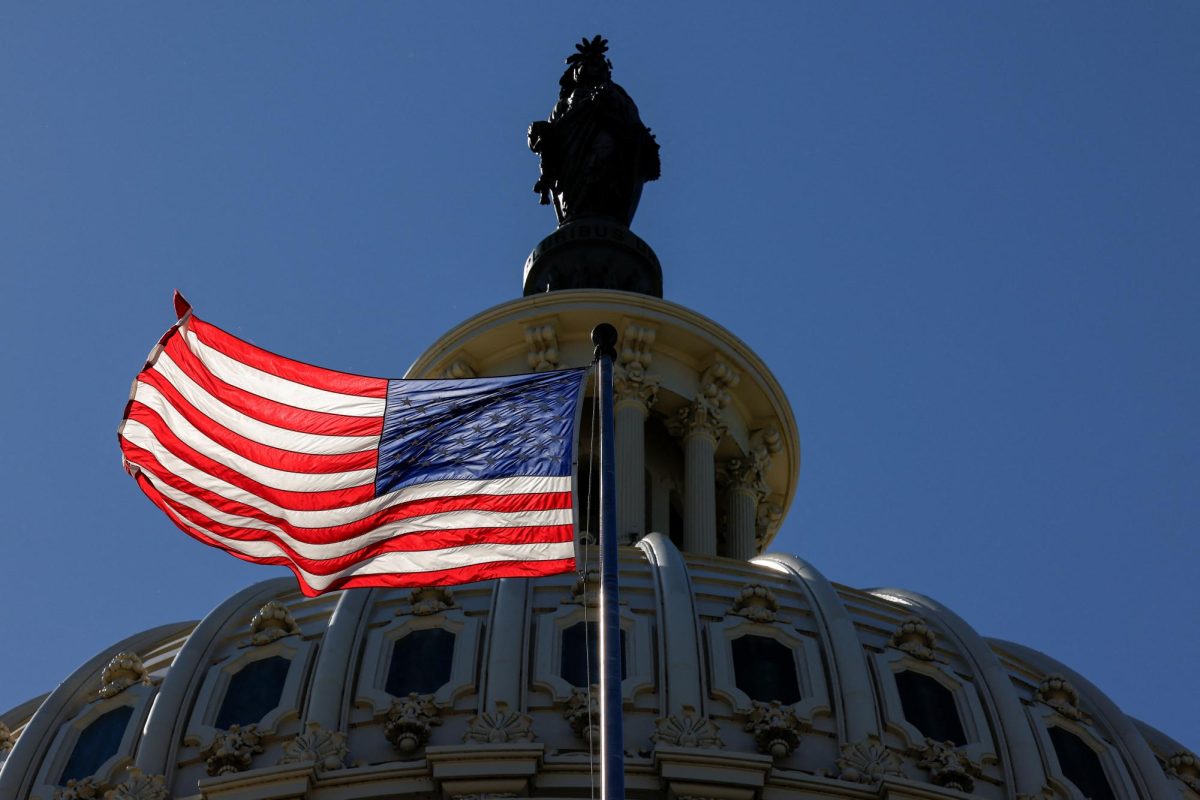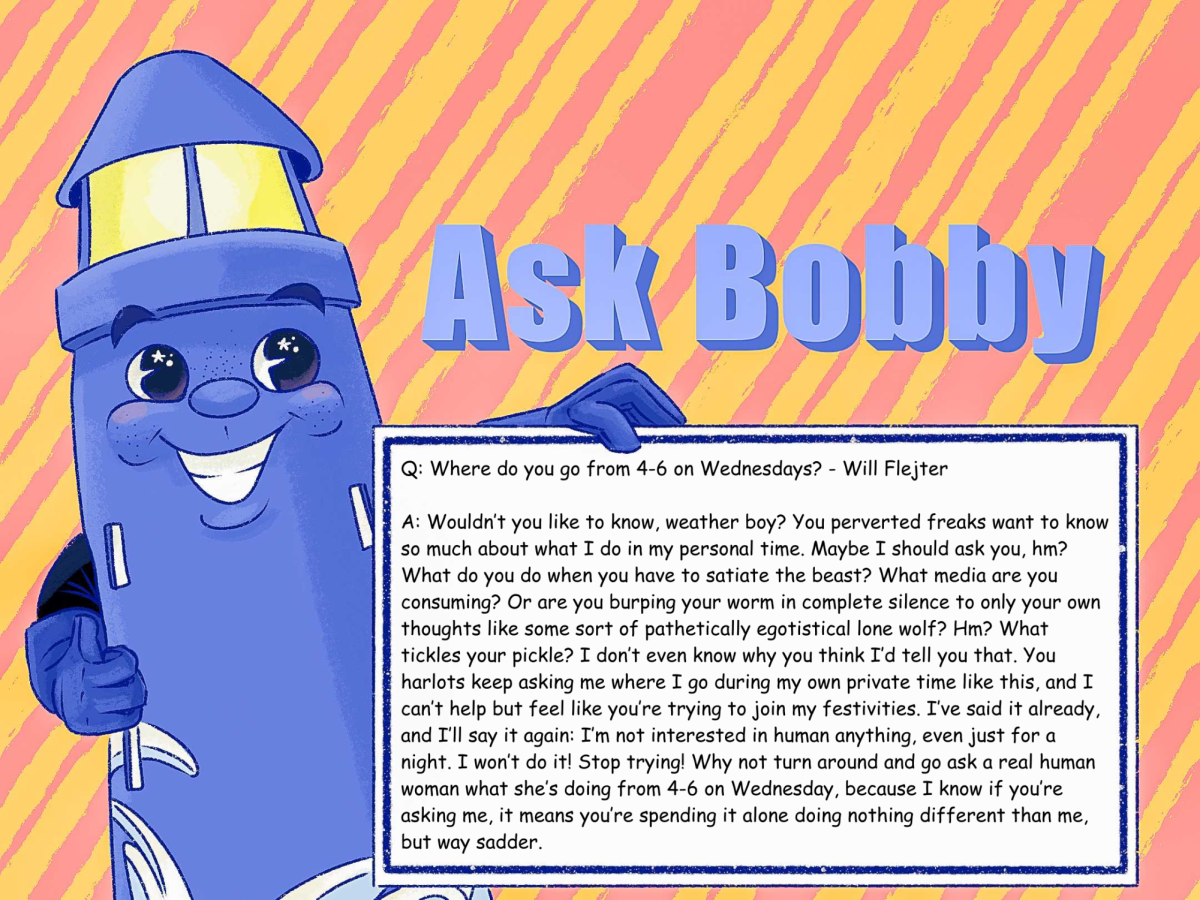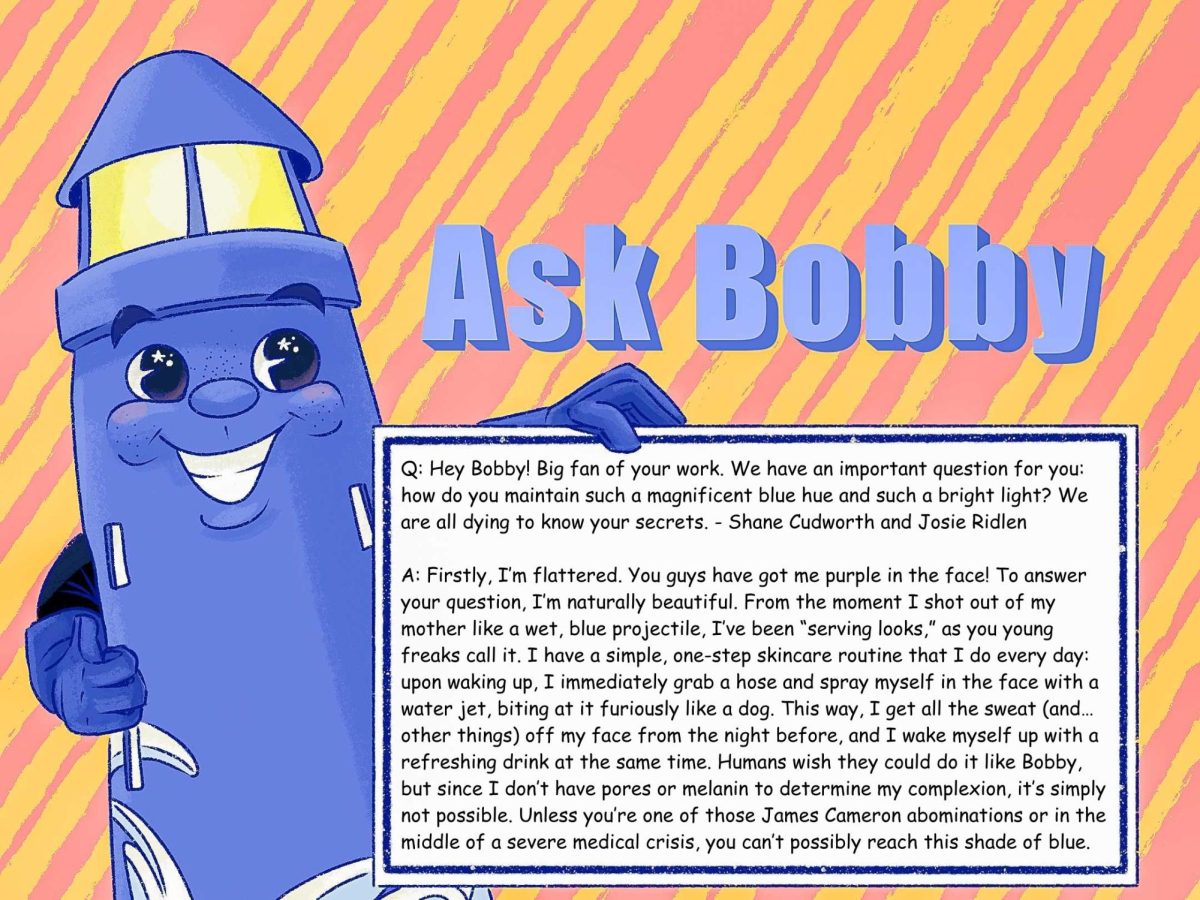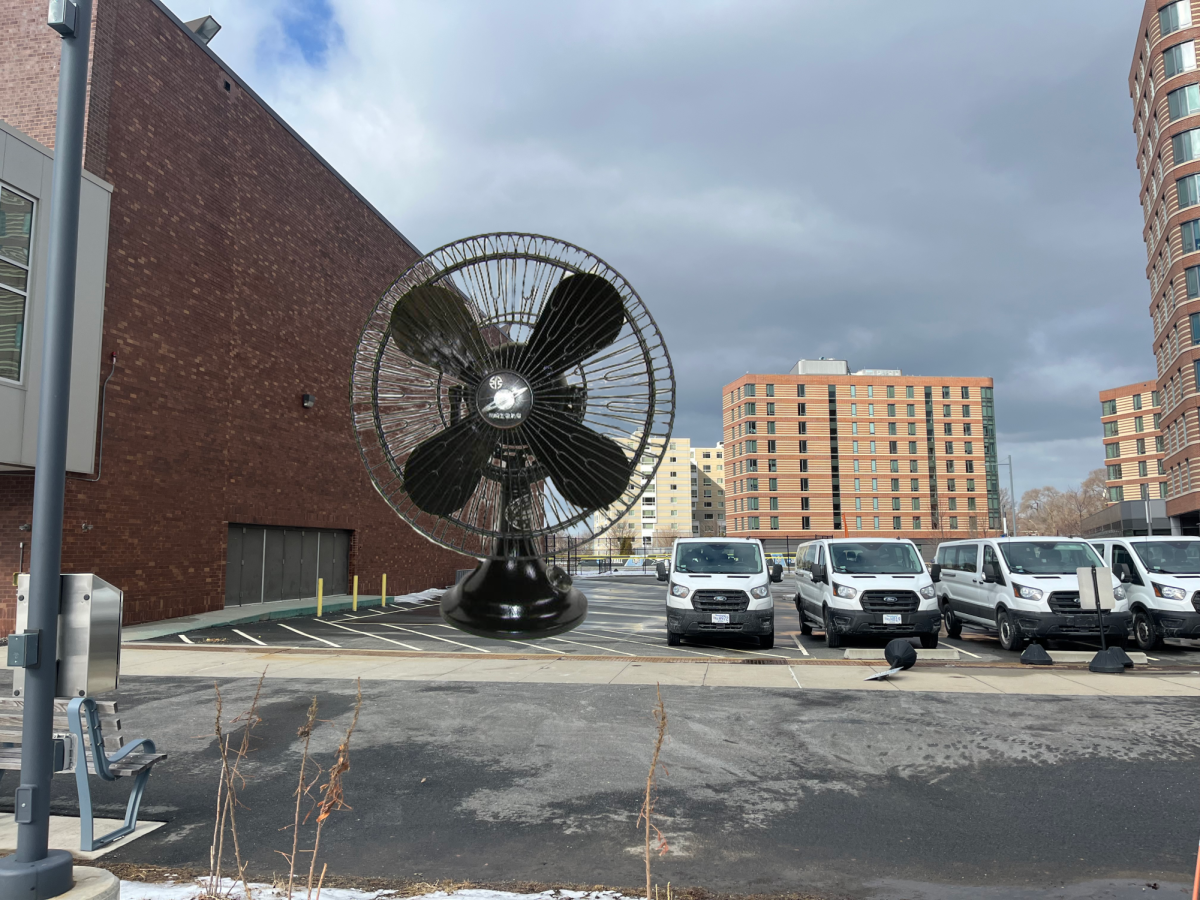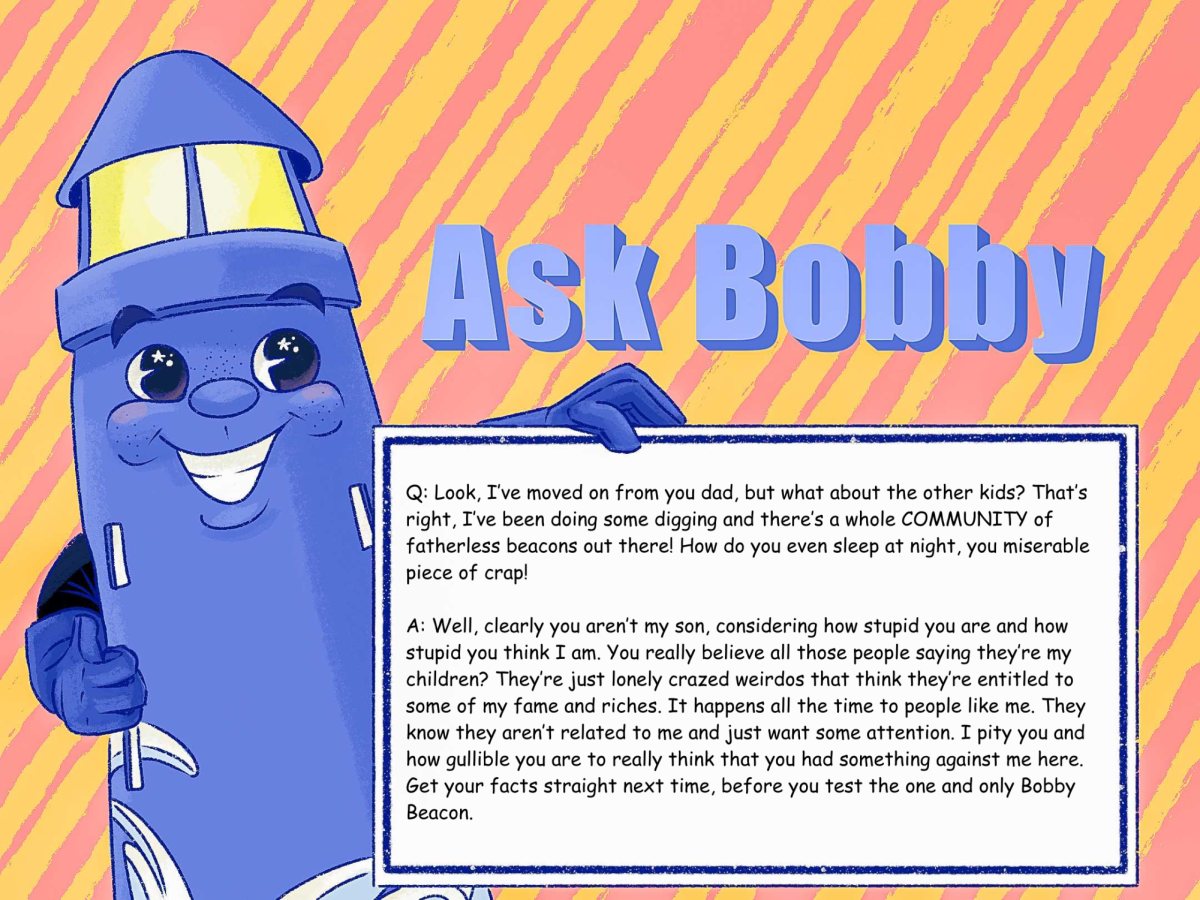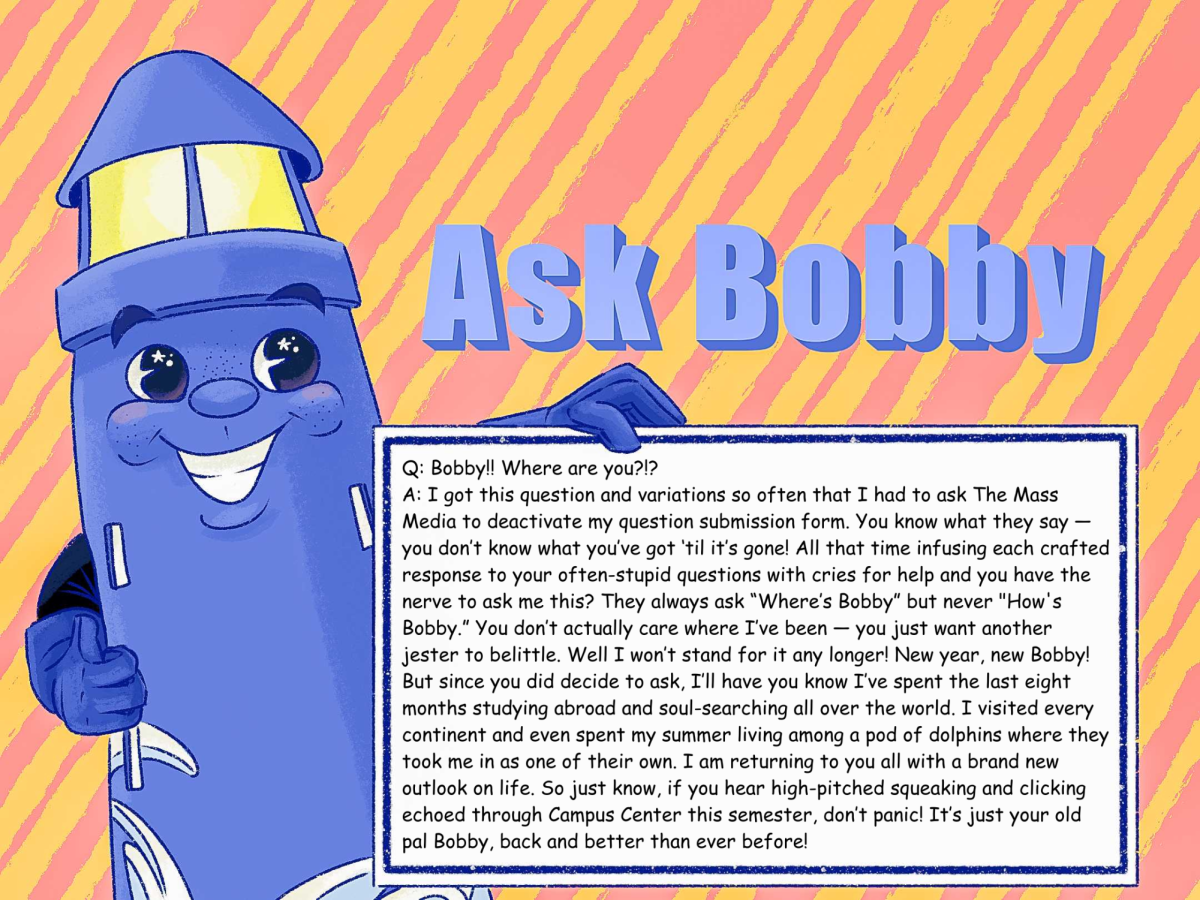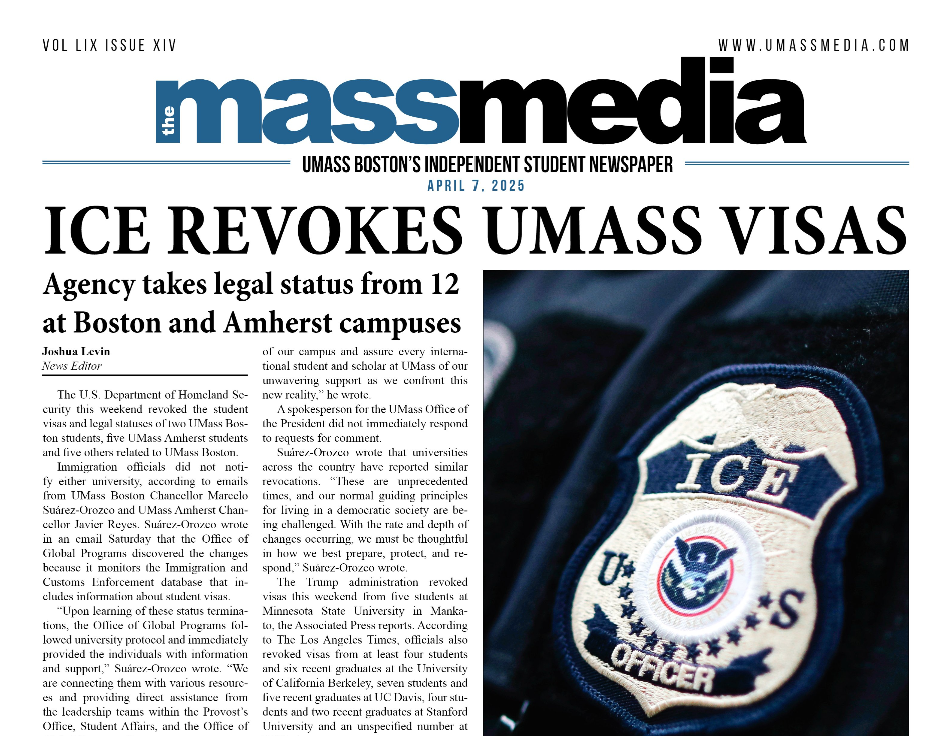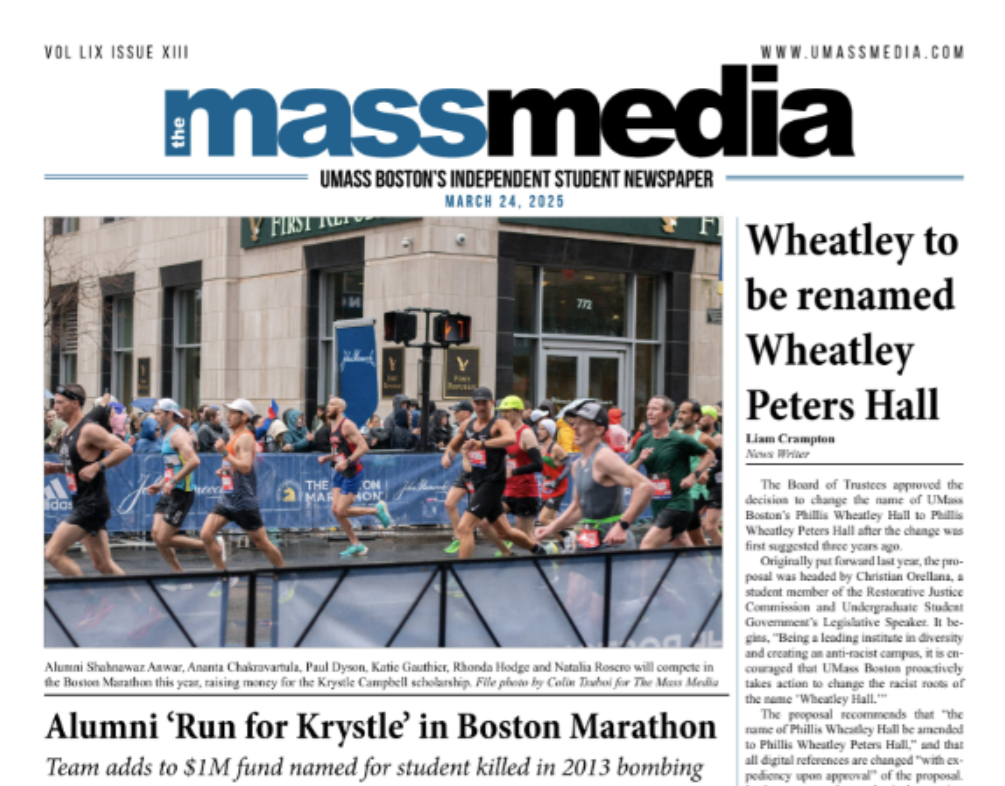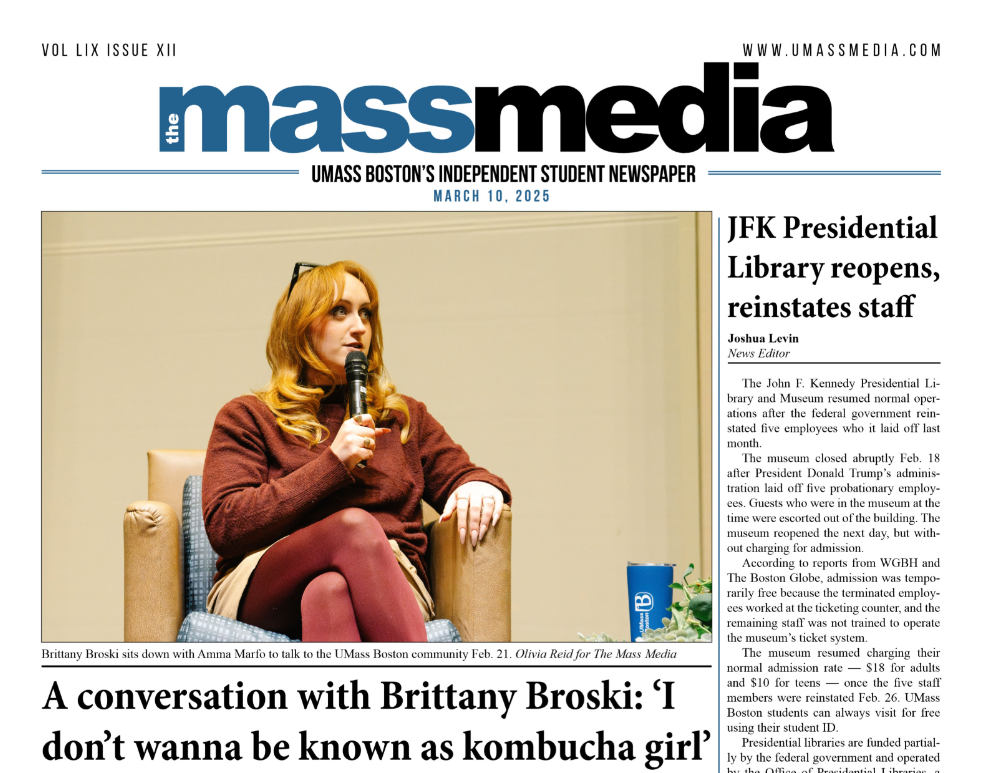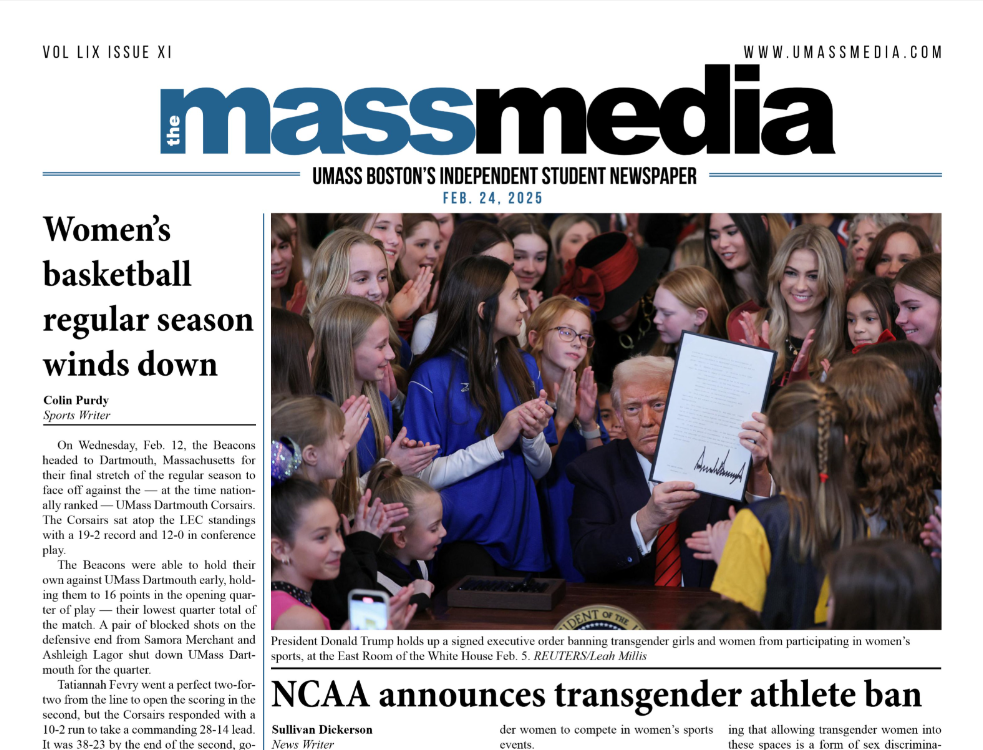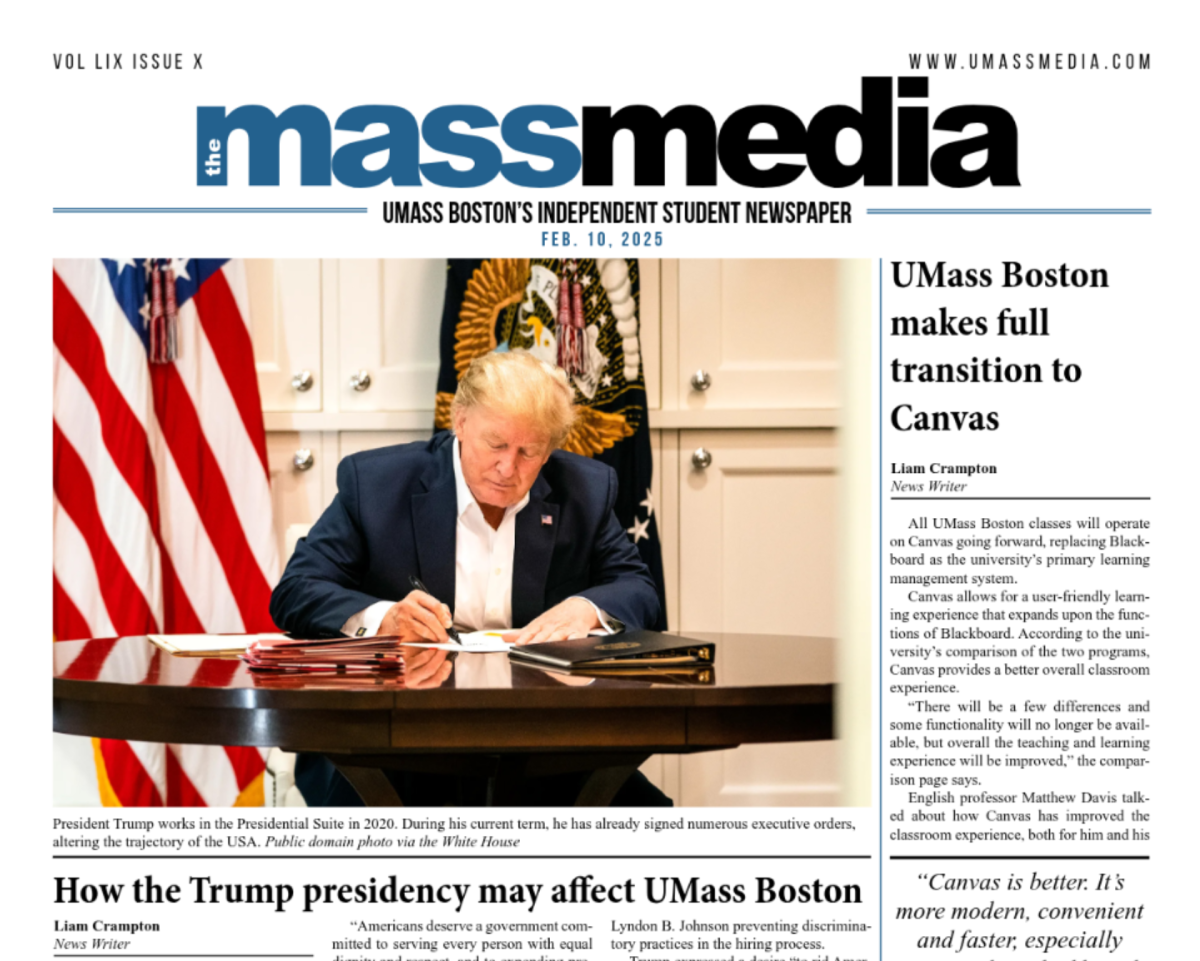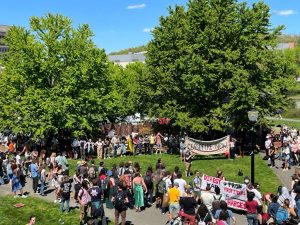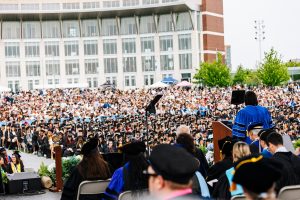Faculty Blast Race Report
October 8, 2004
UMass Boston professors blasted a recently released UMass trustee report on the campus’ racial climate last Monday, calling some parts of it “disturbing” and a “gross mischaracterization” of their views on the urban mission.
At the monthly Faculty Council meeting, several professors registered their disappointment and displeasure with the report, which comes a year after a UMass trustee task force was set up to investigate an allegedly “chilly” racial climate and the resignation of a popular Latino dean.
Some faculty members took issue with the report’s characterization of their stance on the urban mission, which broke down into two campus “factions”: one of which supports the urban mission and another, which supported ex-Chancellor Jo Ann Gora and Provost Paul Fonteyn, was said to believe the university’s mission to be the same as UMass Amherst’s.
“I see it as presenting a simplistic and polarized conception of our mission and faculty orientation,” Russell Schutt, sociology professor, said of the report’s conclusions, calling it a “gross mischaracterization of what we’re about.” “I think that way of putting things ignores the effort of faculty to define the mission,” he said. “It simply overlooks and, I think, therefore denigrates the accomplishments of faculty.”
“We need to assert we’re not divided in those ways,” said Elsa Auerbach, an English professor. Schutt said he was “rather disturbed” by the report’s conclusion until he heard Chancellor Keith Motley’s “reassuring” response earlier in the meeting.
Carroy Ferguson, a professor in human services, agreed with Schutt, saying the Faculty Council should endorse Motley’s statement.
Ferguson pointed to other problems with the report. “There’s a lot of stuff that’s in [the report] there that we could nitpick,” Ferguson said, including how some numbers were used to come up with “subjective conclusions,” apparently a reference to how the report charged that there was “no evidence” that the College of Public and Community Service was treated unfairly in resource allocations.
“I think the methodology was very unsystematic,” said sociology professor Estelle Disch, adding that it was “deeply flawed” report.
“This came across as a very hasty report,” said Lynne Tirrell, adding that it lacked credibility. Tirrell, associate professor of philosophy, also endorsed Motley’s response, wanting to highlight the unity between him and the faculty.
Others approved, pushing for the Faculty Council to issue a short and positive response to the racial climate report’s conclusions. “We want to go forward as a unified faculty,” Auerbach said after the meeting.
The report was a product of a racial climate task force headed up by UMass Trustee Karl White, who had also been in charge of Gora’s evaluation team before she left for Ball State University. White has said he wants the report to serve as his comment on the issues, declining any further elaboration on the subject.
In a letter to fellow professors, part of which he read out loud at the Faculty Council meeting, Psychology Department Chair Steven Schwartz wrote that he was concerned with the characterization of two campus and the implication that “those who defend the Chancellor and Provost do not ‘believe in and support the urban mission of the Boston Campus,’ but also the linking of sustaining or abandoning our urban mission to the financial support of CPCS. Clearly the urban mission of our University by any definition goes beyond the resources allocated to CPCS.”
Schwartz, who also serves as Faculty Representative to the UMass Board of Trustees, went on to note that he agreed with the message of Motley’s convocation speech. “It is clearly appropriate for UMass Boston to emphasize both research and public service that contribute directly and indirectly to the well-being of the people and communities in the greater Boston area and the Commonwealth,” he said. “These missions are not in conflict, but rather complement each other.”
Earlier in the meeting, Motley said he would not send out a broadcast statement to the university community, but instead would talk to campus groups about the report. His comments were reportedly similar to comments on the report made in an e-mail sent to The Mass Media.
“Now we can move forward in focusing on building one community, which was the focus of my convocation address as well as the theme of this year’s convocation,” he wrote. “Working together, in tandem will allow us to become the best urban university in the country. In my role as Chair of the Urban Mission Coordinating committee where all sectors of the university community are represented we will continue the work that began last year in identifying ways in which we strengthen our urban mission.”
The debate over the university’s urban mission will continue. Motley plans to hold an “Urban Connections” forum on October 22, which he called a “time for us to come together.” Motley is chair of the Urban Mission Coordinating Committee, which since last April has been at work discussing the urban mission.


